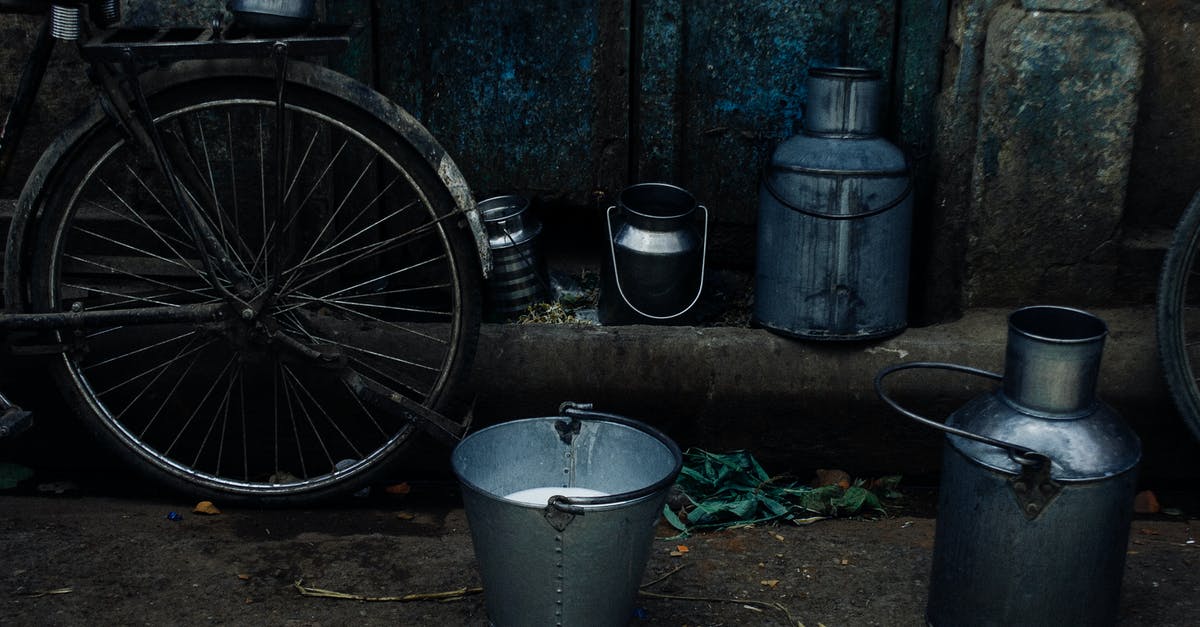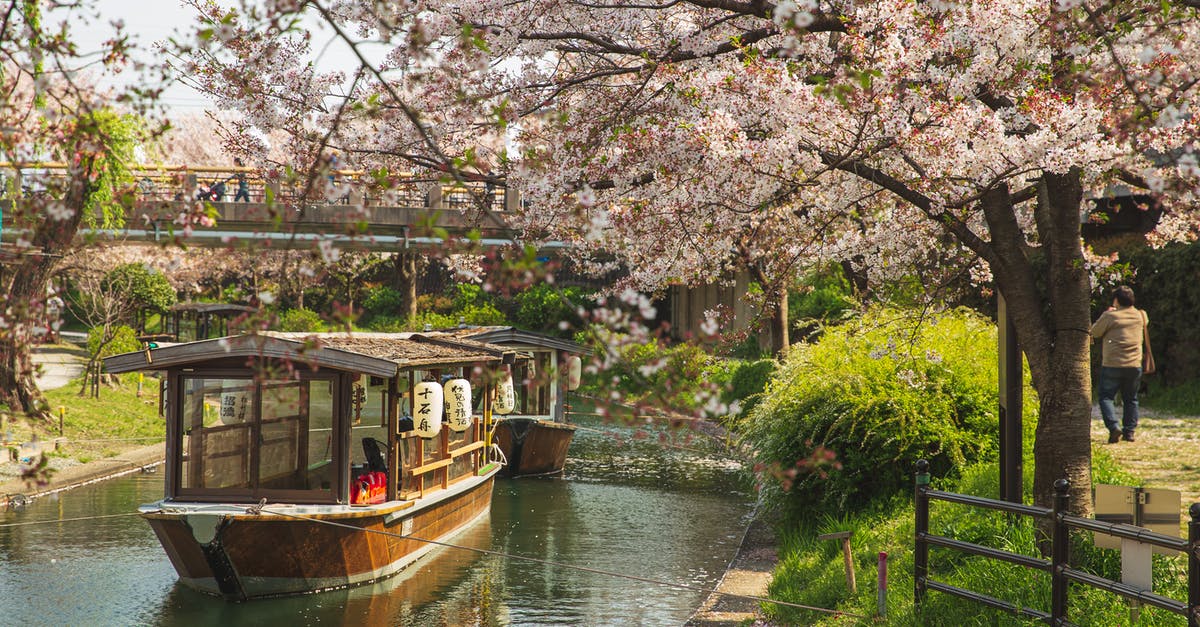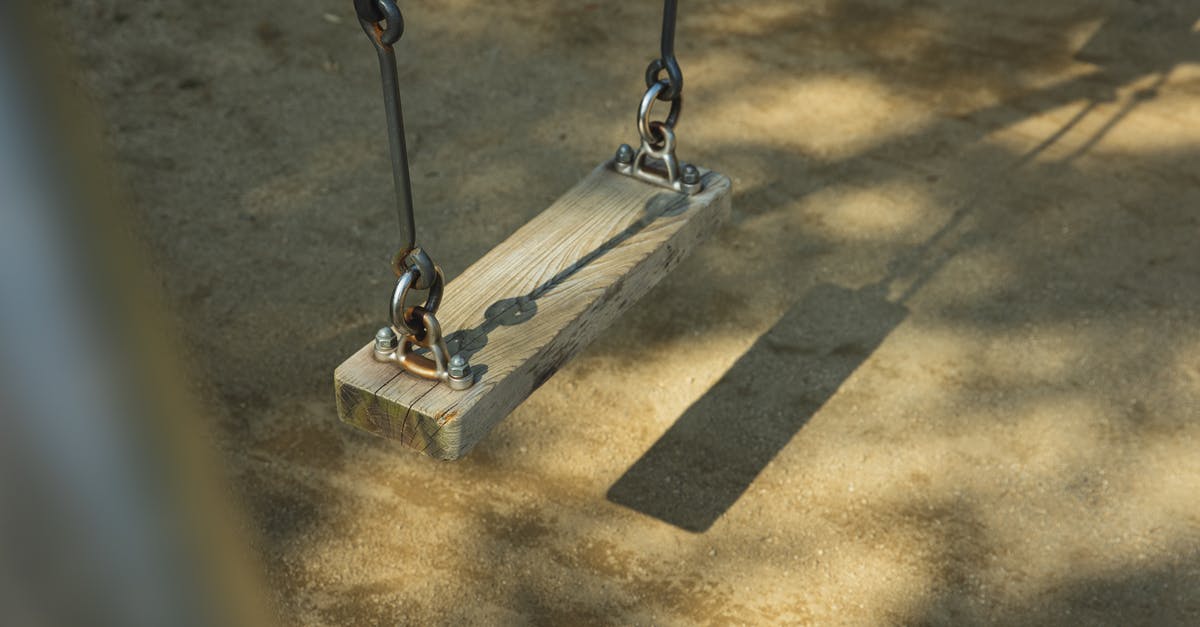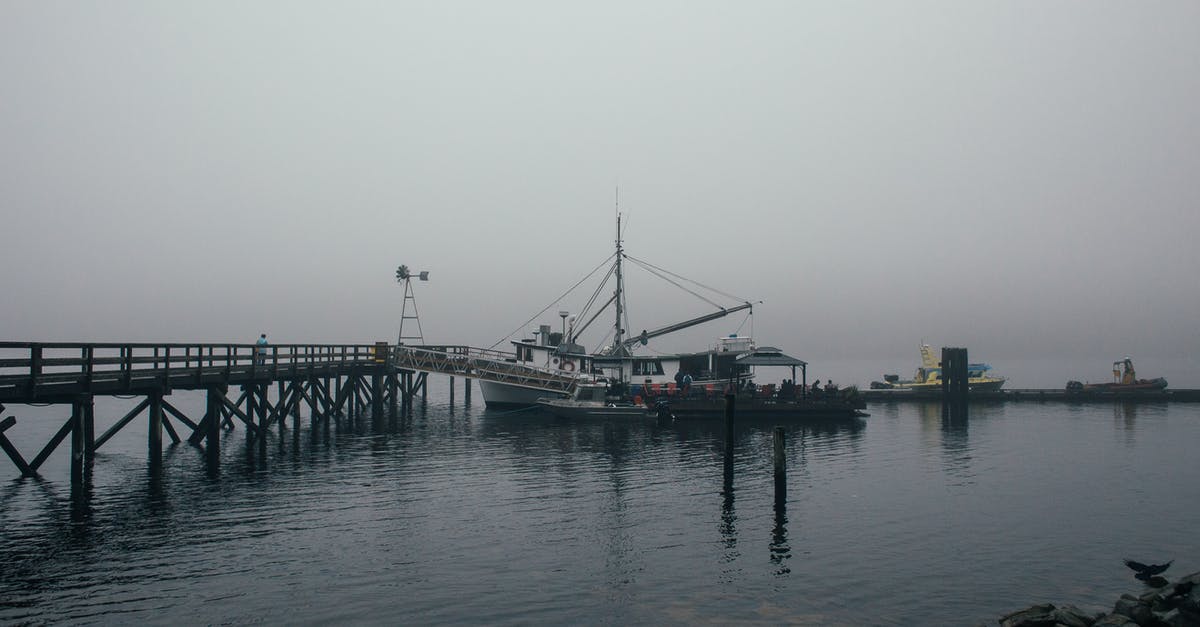Can/should I season a cast-iron vessel meant for boiling in the same manner as a cast-iron skillet?

I have just bought a kazan which still needs to be seasoned. I am aware of the existing seasoning approaches for cast iron skillets, which only require the heating of the skillet after rubbing it with a thin layer of fat. All I was able to find about seasoning a kazan uses a different approach (but pretty much the same every time). For this reason, I am wondering if there is a fundamental difference between a kazan and other cookware.
Standard procedure for a kazan (as per my research):
- Wash the kazan (some even scrub the inside thoroughly with a wire brush)
- Heat it until the inside changes color
- Add salt and heat it for about an hour, while moving it around
- Dump out the salt, and add some oil (commonly sunflower or rapeseed)
- Heat the oil, while moving it around, ensuring the entire inside surface of the kazan gets covered in oil
- Fry some onions or a mix of vegetables, which you then throw out
- Lightly oil the inside of the kazan
I understand the steps up to (and including) the salt in the kazan approach are necessary to get any production residue out of the kazan, so I would always do this before moving on to whatever oil I eventually choose.
Why the difference?
The different methods might just be historically grown (there are many different approaches to seasoning cast iron skillets as well, after all). Or there might be differences between different types of cookware requiring different approaches to seasoning. A kazan, on the other hand, has a wide range of uses, from deep-frying to recipes involving significant amounts of liquid (soups, stews, even just boiling food in water) and sometimes also acidic ingredients.
So, would these differences (or any other that I have missed) require a different approach to seasoning? Or would the skillet-typical methods work just as well for a kazan?
Best Answer
...so, the difference is applying a layer of oil, and frying some onions, vs. heating a layer of oil to the smoke point six times?
Seasoning is about creating a layer of polymerized oil that protects the pan, and ideally, creates a non-stick surface. I don't know if you need 6 "layers", as you can build up the surface as you use the pan, but I would probably do option 2 a couple of times. I'm not sure option 1 gets you far enough for an initial seasoning. My experience is with cast iron and carbon steel...same process....I think more important, is the clean up after use. You want to be careful not to wash and/or scrub off the seasoning, so that it remains seasoned.
EDIT: Your altered title question changes my answer a bit. I'm not sure it is critical to season a pan meant for boiling and using acidic liquids, to the point that you have a non-stick surface. It will be difficult to maintain any sort of polymerized surface under these cooking conditions. In this case, I would follow the instructions of the "standard" procedure, which, it seems to me, basically prepares the pan for use after manufacture. Then, after cooking, clean and wipe a light coating of oil on the pan prior to storage, just to prevent any rust.
Pictures about "Can/should I season a cast-iron vessel meant for boiling in the same manner as a cast-iron skillet?"



Will boiling water remove seasoning cast iron?
Why can't you boil water in cast iron? When you have water at a constant boil in seasoned cast iron, the boiling causes the seasoning to release. This can leave patchy seasoning or an uneven layer of seasoning left on your cast iron.Do you season cast iron hot or cold?
Keep in mind that seasoning cast iron cookware at 450 degrees Fahrenheit is ideal. This is assuming your oil layer is very thin and that you heat it for enough time to let it reach a dry state. You will know your pan is dry after it no longer feels tacky or sticky to the touch once cooled.Can you overheat cast iron while seasoning?
Don't worry, it takes far more than that to damage a cast iron pan. The worst that could happen is that you overheat the seasoning on it, in which case it may flake off. If it does start flaking then you need to remove what is loose and then re-season.Is it okay to boil water in cast iron?
Yes, you can boil water in cast iron. To keep the layer of seasoning intact, don't boil water for more than 10 to 15 minutes. You can heat water to a gentle boil or simmer dishes for over 15 minutes \u2013 sometimes up to an hour. Be extra careful with acidic dishes like tomato sauce.3 Dangers Of Cast Iron #AskWardee 137
Sources: Stack Exchange - This article follows the attribution requirements of Stack Exchange and is licensed under CC BY-SA 3.0.
Images: Plato Terentev, Ryutaro Tsukata, Ryutaro Tsukata, Rachel Claire
